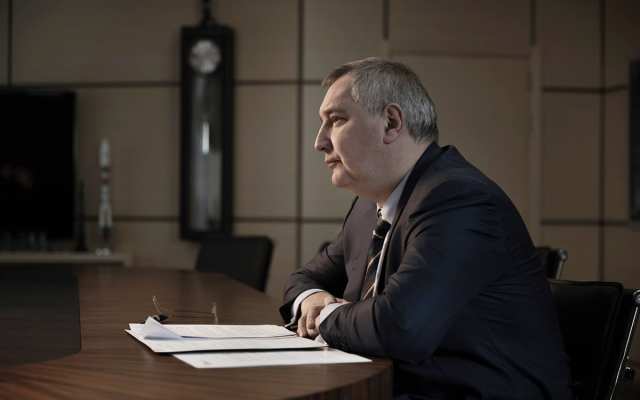"Either the donkey will die, or the ISS will die by its own death," wrote the head of the Russian space agency, commenting on the response of Western colleagues.
The head of Roscosmos, Dmitry Rogozin, commented on the responses sent by representatives of the American, European and Canadian space agencies to the demands to lift sanctions from the enterprises of the state corporation — the Central Research Institute of Mechanical Engineering and the Progress Rocket and Space Center.
According to him, the heads of NASA and CSA — Bill Nelson and Lisa Campbell — answered almost "carbon copy." The letters emphasize that the work of the International Space Station is a priority, so the agencies will cooperate with the relevant government/federal organizations of Canada/the United States to "facilitate further cooperation and operation of the ISS."
According to Rogozin, the Director General of the European Space Agency, Josef Aschbacher, played the "role of a postman" at all, redirecting questions about sanctions to the EU member states.
"We are invited to wait until the bureaucracy of all 28 EU countries deign to read the letter from Roscosmos. By this time, either the donkey will die, or the ISS will die by its own death. <...> The position of our partners is clear: the sanctions will not be lifted. At the same time, fearing the destruction of cooperation on the ISS, where Russia's role is fundamentally important to ensure the viability and safety of the station, Western partners make it clear that in reality sanctions regarding work in the interests of the ISS will not work. I consider this state of affairs unacceptable. <...> The purpose of the sanctions is to kill the Russian economy, plunge our people into despair and hunger, and bring our country to its knees. It is clear that they will not be able to do this, but the intentions are obvious," Rogozin said.
Since it will be possible to restore normal relations with partners on the ISS only if all economic restrictions are lifted from Roscosmos enterprises, the head of the state corporation decided in the near future to submit proposals to the country's leadership on the timing of the end of cooperation with Europe, the United States, Canada and Japan on the International Space Station program.
The ISS began to be created more than 20 years ago. In 1998, the functional cargo unit "Zarya" was brought out. The first long—term expedition — NASA astronaut William Shepherd and Russian cosmonauts Yuri Gridzenko and Sergey Krikalev - started in October 2000. They stayed in orbit for almost 137 days. Today, the 66th expedition is working there, including cosmonauts Pyotr Dubrov and Anton Shkaplerov.
Initially, the station was supposed to be used until 2015, then the term was extended until 2020, and then until 2024. Now the program participants want to operate the ISS until 2030, but Russia has not yet announced its final decision to participate in the project after 2024. An alternative may be a national OS, the basis of which, among other things, will be modules originally created for the international station. There is a possibility that the first one will be launched in 2026.
NASA specialists, in turn, are studying ways to keep the ISS in orbit without Moscow's participation, but they do not refuse to cooperate.

